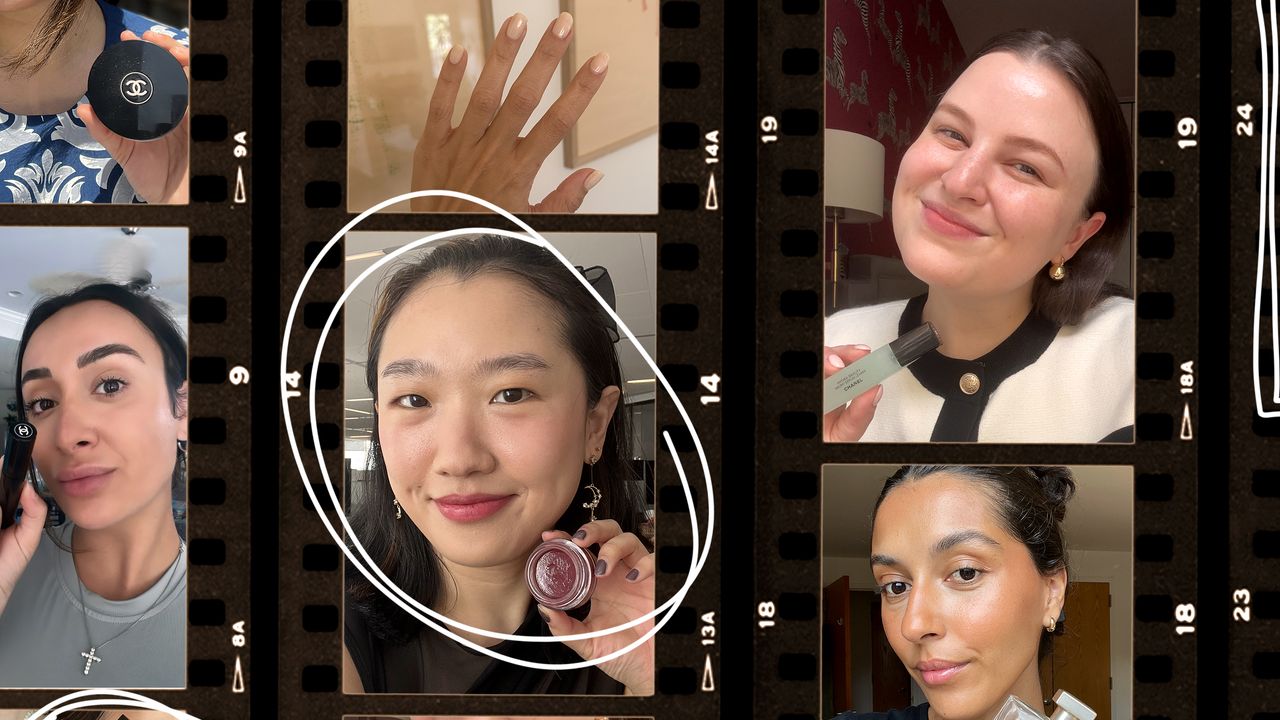Black women, and the conditions that disproportionately affect them, have long been underrepresented in medical research. This, compounded by other factors—such as a Massachusetts Institute of Technology study that shows some dermatologists have trouble identifying conditions when it comes to Black skin—can have implications for hair loss treatment options available to Black women.
But the tide seems to be slowly turning, thanks in part to a combination of improved technologies and other developments, including initiatives like Pathways, a collaboration of the American Association of Dermatology (AAD), American Academy of Dermatology Association (AADA), Johnson & Johnson, and Kenvue, which support increased diversity and inclusivity in the dermatologic specialty.
In fact, two of the newest potential treatments for hair loss—both of which have been more widely discussed within the past five years—seem to benefit patients with CCCA, a condition that, again, affects Black patients at a higher rate. Neither of these two treatments has yet been approved by the FDA for hair loss, but a number of dermatologists seem excited by the possibilities. Here, some of those doctors share why these remedies seem so promising.
Metformin for CCCA Hair Loss
Metformin, a drug that has FDA approval to treat high blood sugar in people with type 2 diabetes, has emerged as a potential treatment option for CCCA. Dr. Aguh started formally exploring the drug’s ability to treat hair loss after she observed that many of her Black women patients who exhibited scarring alopecia were also more likely to have other types of scarring, like keloids or fibroids.
“One of the first things I noticed was that these Black women who were coming in [to my practice] with this scarring hair loss were also more likely to just have scars in general, whether that was keloids or fibroids,” says Dr. Aguh. “So I did a study to see if the gene-expression pattern of CCCA was similar to some of these other scarring disorders.”
Through that research Dr. Aguh was able to identify that Metformin had also been used to treat other instances of abnormal scarring. As part of her research on hair loss, she then had the drug reformulated into a cream and prescribed it to a few patients to apply topically to the scalp.
In 2020, Dr. Aguh co-published a small study on the effects of this use of Metformin: “We published a series of two patients who had [experienced hair-growth] improvement with the [topical metformin] cream,” she recalls. “It was like, ‘Wow, this is great because this is a disease where there really aren’t any treatments besides steroids.'”











